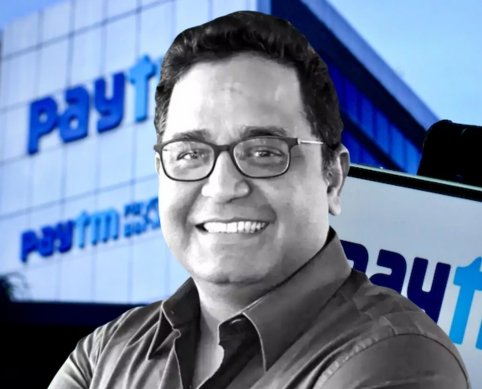On Thursday, Vijay Shekhar Sharma, founder and CEO of Paytm, announced that the company will concentrate on its core business of payments and the expansion of financial services to achieve “profitability soon.”
“The last six months have provided us with valuable lessons, allowing us to rigorously assess our business processes, compliance, and internal operations. I can now confidently say that we have embraced a compliance-first approach, ensuring that our business adheres completely to all regulations, both in letter and spirit,” Sharma stated during Paytm’s annual general meeting.
Sharma emphasized, “By focusing on our core payments business, we aim to achieve profit after tax (PAT) profitability soon.” This statement follows the Reserve Bank of India’s (RBI) directive in February, which halted the payments bank subsidiary of Paytm from accepting new deposits or popular wallet transactions starting in March.
Sharma also mentioned that Paytm plans to apply for a payments aggregator license from the RBI in the future. Additionally, the company recently obtained approval for foreign direct investment from the Indian government.
Incorporating artificial intelligence across its products, business, and operations, Sharma noted, “Some of these advanced technologies could potentially become standalone businesses. However, we remain committed to our primary focus on payments and expanding financial services.”
Paytm currently serves 40 million merchants and aims to expand this number to 100 million. “The company’s strategic efforts focus on utilizing advanced technology to provide financial services such as loans, insurance, and mutual funds, thereby enhancing market reach and supporting financial inclusion,” Sharma noted.
For the first quarter of FY25, the Noida-based company reported a loss of Rs 839 crore, primarily due to the effects of restrictions on its payments bank and a reduction in revenue from both payments and financial services. The company’s total income for the quarter decreased by 33.5% year-on-year, falling to Rs 1,639.1 crore.
